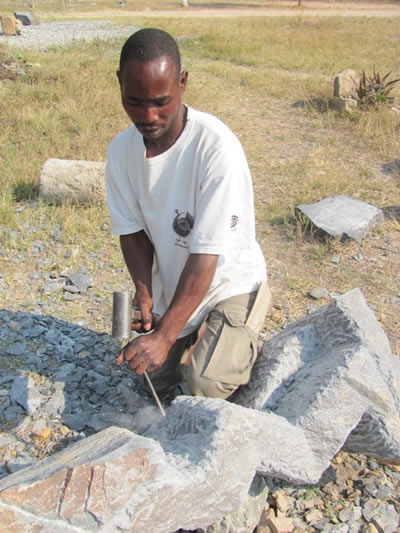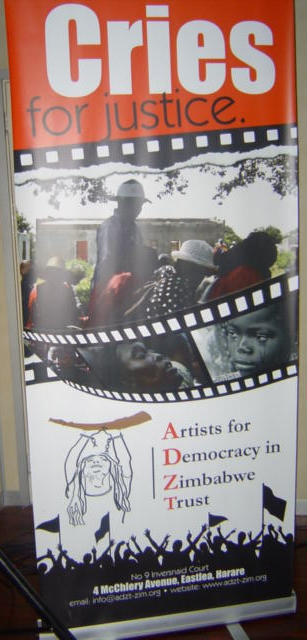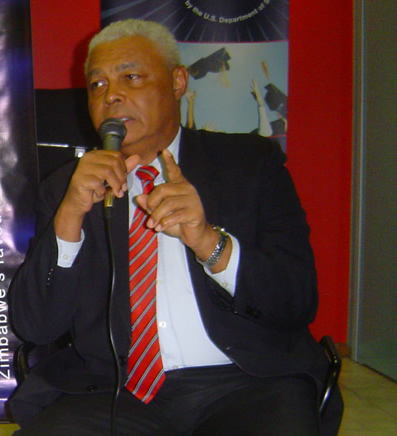HIV increases everyday challenges faced by people with disability
Friday, July 20th, 2012 by Lenard KamwendoBeing disabled is a challenge and even more when you become infected with HIV as each day you are faced with social exclusion and rejection. The United Nation notes that the growing relationship between HIV/AIDS and disability is an emerging issue and cause for concern as people with disabilities are at higher risk of exposure to HIV. The majority of people with disabilities live in Africa where they are vulnerable to HIV/AIDS infection due to sex crimes and insufficient legal protection and education, This findings are based on a report done by World Bank in 2006.
This was also evidenced in a baseline report presented by Hamida Ismaili Mauto, the country coordinator for Disability, HHIV and AIDS Trust (DHAT), an organization which promotes rights based HIV and AIDS interventions responding to the needs of people with disabilities. The presentation included the use of sign language to cater for persons who are deaf who were in the audience at the Food for Thought session conducted at the Public Affairs section of the US Embassy on Tuesday.
DHAT undertook a baseline survey on issues on health equity for people disabilities in Zimbabwe. The survey was conducted in five of the ten provinces of Zimbabwe and focused on the challenges faced by people with disabilities and living with HIV/AIDS.
Persons with disability make up the majority of the poorest, highly marginalised and socially excluded groups in any society. Among some of the challenges faced by people with disability (PWD) are high unemployment and low literacy levels, less access to developed support networks and are more vulnerable to HIV infection than their able bodied counter-parts. In her presentation Mrs. Mauto noted that there are 1.8 million people with disabilities in Zimbabwe and HIV has also contributed significantly to this figure.
The belief that sleeping with a person with disability can cure HIV has seen more (PWDs) being exposed to HIV infection. Also the perception that people with disability are asexual has resulted in more persons with disability shunning health institutions to seek medical advice on health and HIV issues. There also needs to be a review of literature on reproductive health targeted at people with disabilities so that the information can reach intended beneficiaries without compromising confidentiality. The fear of rejection from families and society has made it difficult for persons with disability to disclose their HIV status resulting in them failing to access treatment and behavior change information on time.
Civil society also came under fire for failing to address challenges faced by persons with disabilities in their programs with some organizations blaming it on the high costs incurred in the implementation of such programs.













